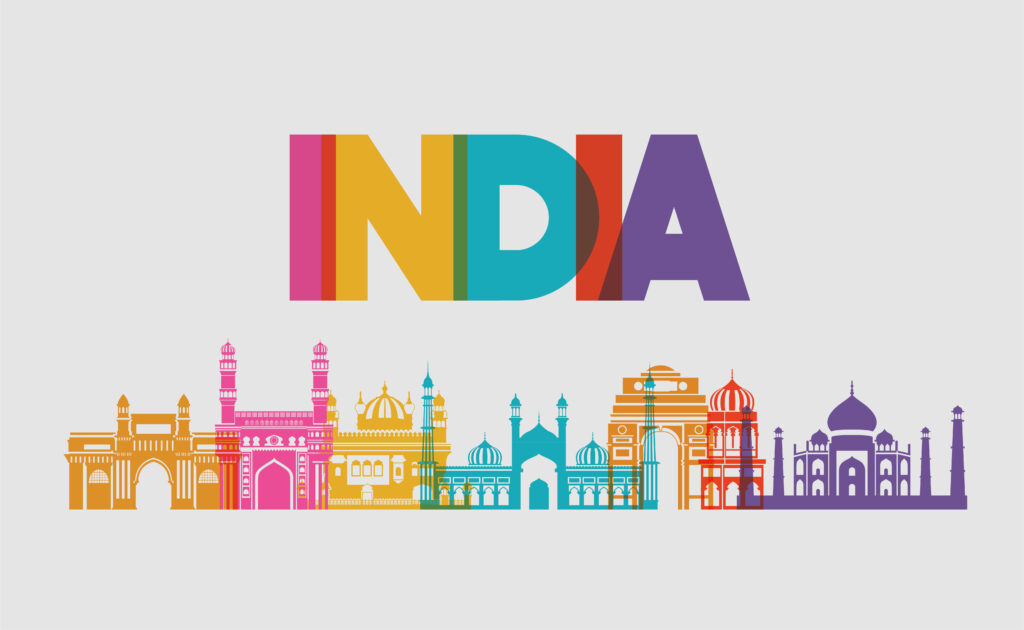In the 21st century, the battle for freedom and access to information has taken a digital turn. The internet, once heralded as a beacon of freedom and connectivity, is now becoming a battleground where governments, corporations, and activists clash over the control and accessibility of online information. One country that has recently emerged as a pivotal player in this global struggle for internet freedom is India.

As the world’s second-most populous country and a rapidly growing digital economy, India’s role in shaping the future of internet freedom is undeniably significant. This article explores how India has become a new front line in the global struggle for internet freedom, the challenges it faces, and the potential consequences for both its citizens and the global digital landscape.
The Digital Revolution in India
India’s digital transformation has been nothing short of remarkable. With over a billion people, India is home to a vast and diverse online population. The proliferation of smartphones, affordable data plans, and government initiatives like “Digital India” have brought millions of Indians online, connecting them to a wealth of information and opportunities. The country has witnessed a surge in e-commerce, digital payments, and online education.
However, this digital revolution has also presented new challenges and raised critical questions about internet freedom. India is at the crossroads of ensuring an open and accessible internet while grappling with concerns related to privacy, security, and misinformation.
Internet Shutdowns and Censorship
One of the most pressing issues in India’s struggle for internet freedom is the increasing frequency of internet shutdowns. While governments have the authority to suspend internet services temporarily for reasons of public safety and national security, the prolonged and arbitrary use of this power has raised concerns about censorship and suppression of free speech.
In 2020, India reported the highest number of internet shutdowns globally, affecting millions of people. These shutdowns, often enacted during protests or demonstrations, have severe economic and social consequences. They disrupt essential services, hinder communication, and infringe on citizens’ rights to access information and express their opinions.
Additionally, India has faced criticism for censorship of online content. The Information Technology (Intermediary Guidelines and Digital Media Ethics Code) Rules, introduced in 2021, require social media platforms and intermediaries to comply with various regulations, including the removal of content deemed unlawful or against the interests of the state. Critics argue that these rules grant the government excessive powers to silence dissent and control online discourse.
Privacy Concerns
Internet freedom is intrinsically tied to the right to privacy. India has witnessed growing concerns over the privacy of its citizens, particularly in the wake of the Aadhar card initiative and the increasing amount of personal data collected and stored by both government and private entities.
While the Indian Supreme Court recognized the right to privacy as a fundamental right in a landmark judgment in 2017, there are ongoing debates about data protection and surveillance. India’s proposed Personal Data Protection Bill aims to regulate the collection and processing of personal data, but it remains a subject of contention and debate.
Misinformation and Fake News
The spread of misinformation and fake news has become a global challenge, and India is no exception. The rapid circulation of unverified information, especially on messaging platforms like WhatsApp, has led to real-world consequences, including mob violence and communal tensions.
Efforts to combat misinformation must strike a balance between protecting the integrity of online information and upholding freedom of speech. India’s response to this issue is a crucial aspect of the global struggle for internet freedom.
The Role of Big Tech
The influence of technology giants in shaping the global internet landscape cannot be understated. Companies like Facebook, Google, and Twitter are critical players in determining the rules and regulations governing online speech and content. In India, these platforms have faced scrutiny and pressure to comply with local laws and regulations.
The Indian government has sought greater transparency and accountability from these companies, often leading to tensions over content takedowns and user data access. The way in which these tech giants navigate the Indian market will have repercussions for internet freedom not only in India but worldwide.
Conclusion
India’s position as the new front line in the global struggle for internet freedom is a complex and evolving narrative. The country’s rapid digital growth has created both opportunities and challenges, with internet shutdowns, censorship, privacy concerns, and misinformation acting as critical issues.
As the world watches India’s approach to regulating the digital sphere, it raises questions about how other nations will address similar concerns. The global community must strike a balance between safeguarding national security and upholding the principles of freedom, privacy, and access to information that are essential in the digital age.
India’s journey toward securing internet freedom is a microcosm of the global struggle to define the boundaries of online expression, the role of big tech companies, and the protection of individual rights. The outcome will not only shape the future of the internet in India but will undoubtedly influence the broader global conversation on internet freedom in the years to come.